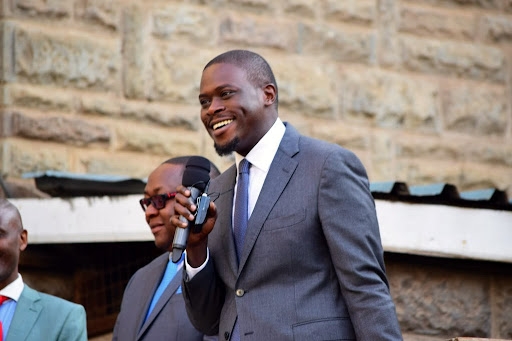There are several implications of the expected Supreme Court ruling on the Building Bridges Initiative.
The first is on the constitutional journey that we have had so far, the experiences we have had concerning this BBI case, and the decisions that have been made by the previous courts.
What would count is whether the Supreme Court upholds the stature or not and if not, we will want to see the sort of reasoning that is going to be proffered by the judges. So, it is about that journey of constitution building and the implications that might have.
I think relaxing the position of the appeals court, in upholding the High Court decision, will be taking us back in terms of protecting constitutional integrity as was imagined.
Considering that the position does not say we cannot amend the Constitution, but insisting on how we amend it, the process would be a good one. Regardless of the politics of the day, it is a good platform in our constitution building.
Second, there is the political implication, which comes in two strands. The first strand is what BBI was meant to be. The original BBI formation, what it was looking into, and the speculation that it was more of an expansion of the Executive — to accommodate a few big players — can also count, albeit it has been overtaken by events.
Even if the Supreme Court overturns the High Court decision, it can only count after the election. This means it is a process that has to either continue or start afresh.
Assuming they say no to the High Court or appeals court, nothing can be done right now to change political planning of the elections. It has already affected what the political class was thinking ahead of the election, so not much can change.
It may, however, give them a platform for bravado, for lack of a better word, that we are going forward. If they do win, the Azimio presidential candidate has already said he’d implement the process. It would thus apply in the 2027 election going forward, but not in this election.
Constitutional lawyer spoke to the Star











